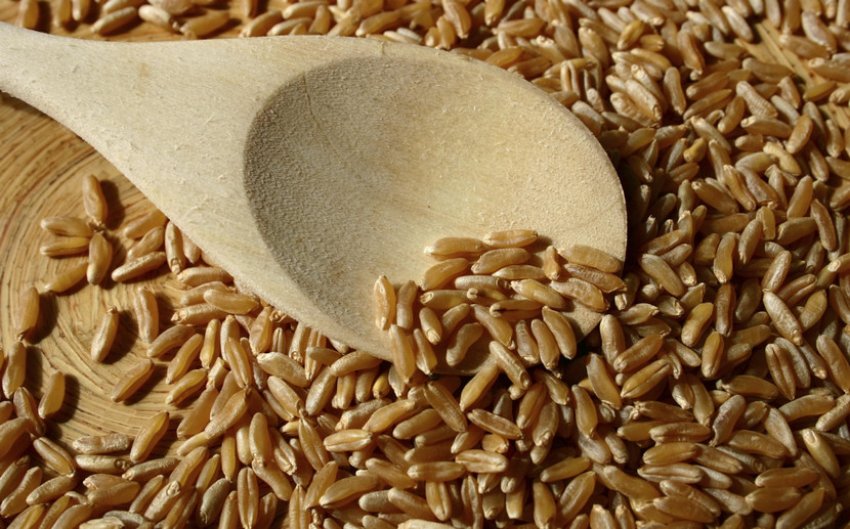Kazakhstan may replace Russia in durum supplies to the EU

As part of its policy of economic pressure, the European Union has approved import duties on supplies of grain and oilseeds from Russia and Belarus. They will come into force on July 1, 2024. For soft wheat it is 95 euros per ton, for rye and barley 93 euros, for durum 148 euros, and so on – the list is long.
At the same time, for Russia itself the sanctions on wheat are purely symbolic, since in 2023 it delivered to Europe only about 1 million tons of grain crops.
But for Kazakhstan, the restrictions imposed on the Russians open up opportunities to increase the supply of durum wheat to Europe. After all, about half of the 1 million tons of grain that Russia shipped to the EU in 2023 was durum.
Kazahatan itself exported 743.5 thousand tons of durum wheat worth $250 million in 2023.
The main buyer was Italy, where 60% of the export volume (446,000 tons) went for $150 million. Other major buyers were Turkey (98,000 tons), Tunisia (74,000 tons) and Latvia (62,000 tons).
For comparison, in 2022 exports of durum from Kazakhstan amounted to only 193 thousand tons (at $92 million), half of the volume then also came to Italy.
Thus, Kazakhstan increased durum wheat supplies for export almost four times in volume over the year.
Of course, there is potential for further growth. The country’s government has set the task of diversifying sown areas in order to move away from the dominance of soft wheat. There is only one factor restraining this process – the issue of sales. Farmers realize that they will be able to sell wheat in any case – either domestic flour mills or traders will take it for export to Central Asia or China.
There is no such certainty about other crops yet. But if the issue of sales is solved, the country’s agrarians will be able to quickly increase the area under promising alternatives to wheat.
Sunflower would be a good option for diversification, as it can more easily tolerate dry summer conditions. However, the farmers’ interest in cultivation is restrained by the existing export duty on sunflower seed: after its introduction in early 2023, the price of sunflower on the domestic market fell by the same 100 euros (the amount of the duty). So now farmers cannot get a fair price for their goods.
Many do not risk growing legumes, because until recently there was only one buyer here – Turkey. This has raised concerns about price stability. In March 2024, China also allowed the supply of lentils and peas from Kazakhstan, which should fuel the legume market in Kazakhstan.
As for durum wheat, the trigger for further export growth will be politics: first, Russia itself in December 2023 introduced a six-month lock on durum exports (until May 31, 2024). It will not be extended. But now Europe has imposed prohibitive duties (148 euros per ton) on supplies of durum from Russia (and Belarus, too).
At the same time, in 2023, Russia supplied 441 thousand tons of durum to the EU countries. And now Kazakhstan has an opportunity to compete for the niche vacated by Russia. It will have to compete with Canada (it shipped 497 thousand tons to the EU in 2023) and Turkey (711 thousand tons in 2023).
Kazakhstan’s competitive advantage should be the high quality of durum wheat: in conditions of moisture deficit and abundant sunshine, durum in the central regions of the country is produced with a very high vitrification rate, above 90%. This is the main parameter by which Italians assess raw materials for the production of high-quality pasta.
As for Russia, the country plans to increase the area under durum wheat by 30%, up to 1.5 million hectares. The main markets are expected to be Turkey and North African countries.
Read also
Wheat in Southern Brazil Impacted by Dry Weather and Frosts
Oilseed Industry. Leaders and Strategies in the Times of a Great Change
Black Sea & Danube Region: Oilseed and Vegoil Markets Within Ongoing Transfor...
Serbia. The drought will cause extremely high losses for farmers this year
2023/24 Safrinha Corn in Brazil 91% Harvested
Write to us
Our manager will contact you soon



